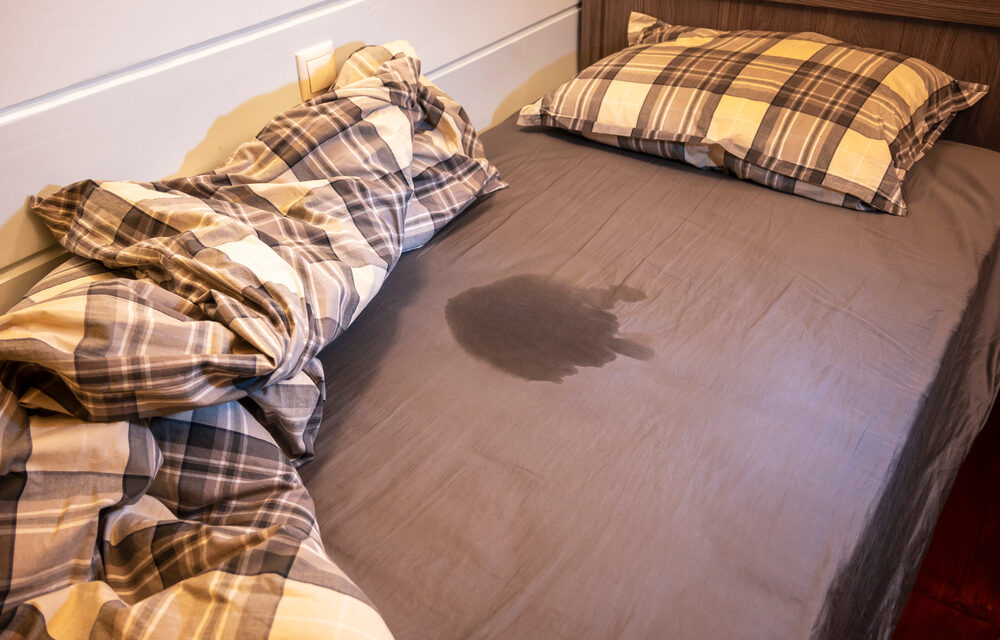Possibility that emotional distress such as cyberbullying might translate into physical symptoms such as bedwetting possibly overlooked.
“Wetting the bed at night—a condition termed ‘nocturnal enuresis’—is more common in adolescents than you might think, and it can be symptomatic of stress, anxiety, or emotional trauma. The same stressors that trigger such reactions can be amplified manyfold in the context of online bullying,” opens Steffan Black from ZenShield, introducing us to a subject many parents might never have considered.
Our society is increasingly attuned to the pernicious effects of cyberbullying on mental health. But the possibility that such emotional distress might translate into physical symptoms such as bedwetting seems less discussed and possibly overlooked.
Interrelation of Online Bullying and Bedwetting
Recent studies published by Frontiers indicate that bedwetting among teens can be a physical symptom of cyberbullying. “The human body often expresses internal turmoil through physical symptoms, and teenagers are no exception,” Black further explains.
Results of extensive research has revealed substantial information on correlation between bedwetting in teenagers and their mental stress.
A study published in the Journal of Pediatric Urology found that enuresis alone could cause significant psychological distress, which could be exacerbated by factors such as bullying.
Addressing the scenario where online bullying enters this context, Black insists: “Threats and torment are not limited to school hours; with the ubiquity of social media, they can permeate every aspect of a teen’s life. This significantly elevates the level of distress, becoming a potential trigger for bedwetting.”
Cyber Bullying: A Modern Threat to Teens
According to Pew Research, nearly half (46%) of teens aged 13-17 have been bullied or harassed online and physical appearance is a common reason for that. The study shows older teen girls are more likely to report being targeted by online abuse.
Black warns, “Think not just about ‘traditional’ signs of mental duress, such as mood swings or altered eating habits. More unusual symptoms such as bedwetting can also indicate that your child is bearing the brunt of online bullying.”
Intervening and Assisting Your Teen
Now that the interconnection between online bullying and nocturnal enuresis is clear, what can parents do to assist their teens? Here are some points to consider:
- Engage in open communication. Foster an environment where your child feels comfortable discussing their online experiences and any mistreatment they might have faced.
- Monitor online interactions. Stay informed about your child’s activity on social media and gaming platforms while respecting their space.
- Leverage technology to safeguard your child. Use privacy settings and parental controls to protect your child online. Companies like ZenShield work on providing technology solutions to mitigate the risk of bullying.
- Seek professional help. If things escalate, never hesitate to speak to a psychologist or counselor.
If your teen is suffering from anxiety-based enuresis caused by online bullying, remember they are not alone. Let’s step up the fight against cyberbullying while also destigmatizing bedwetting as not merely a passing ‘phase,’ but possibly a manifestation of a deeper struggle.
It’s not just about stopping the bullying—it’s about nurturing resilience, starting with open conversations at home and leveraging the combined power of compassion, technology, and professional help when necessary. As Black aptly puts it, “Activate the safety net before it’s asked for. It’s far easier to prevent a fall than to nurse a wound.”
Image Sources
- A,Wet,Stain,On,A,Grey,Sheet.,Incontinence.,Nocturnal,Enuresis-inability: Shutterstock



![DHCD Directors Prefer 30-Year Lease [Opinion]](https://ukenreport.com/wp-content/uploads/2023/08/Desert-Regional-Medical-Center-440x264.jpg)



